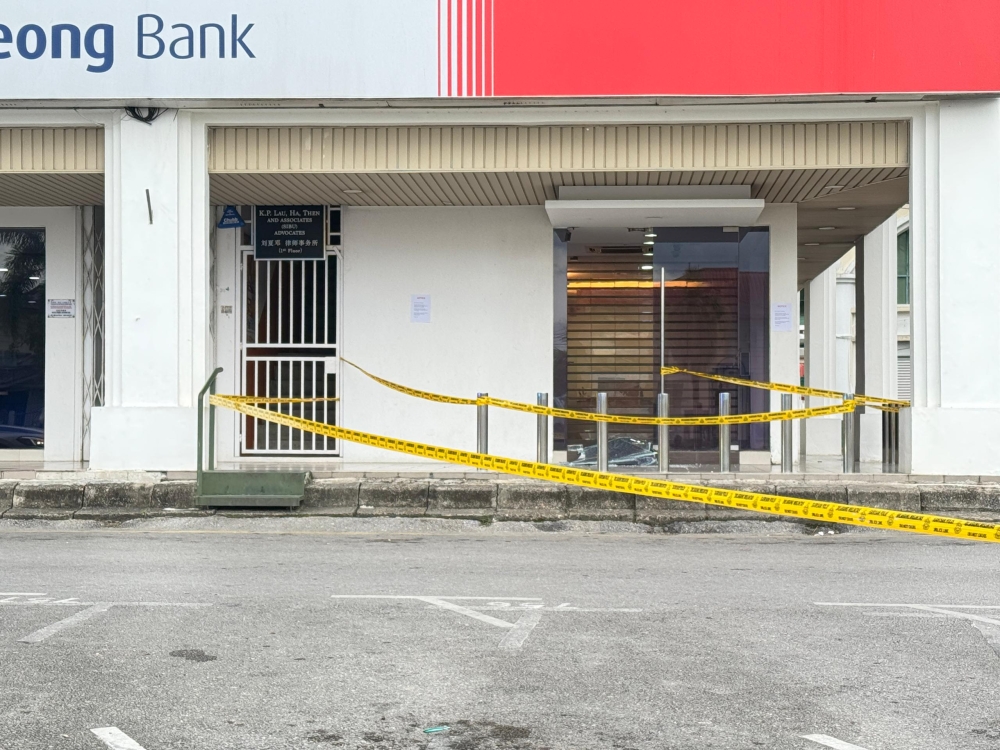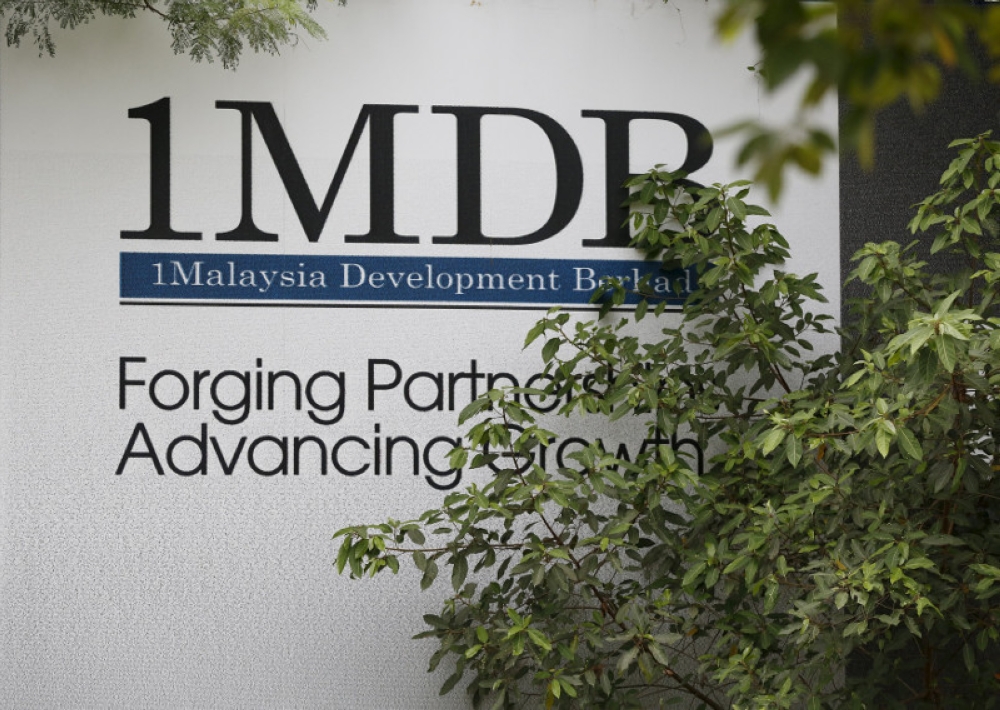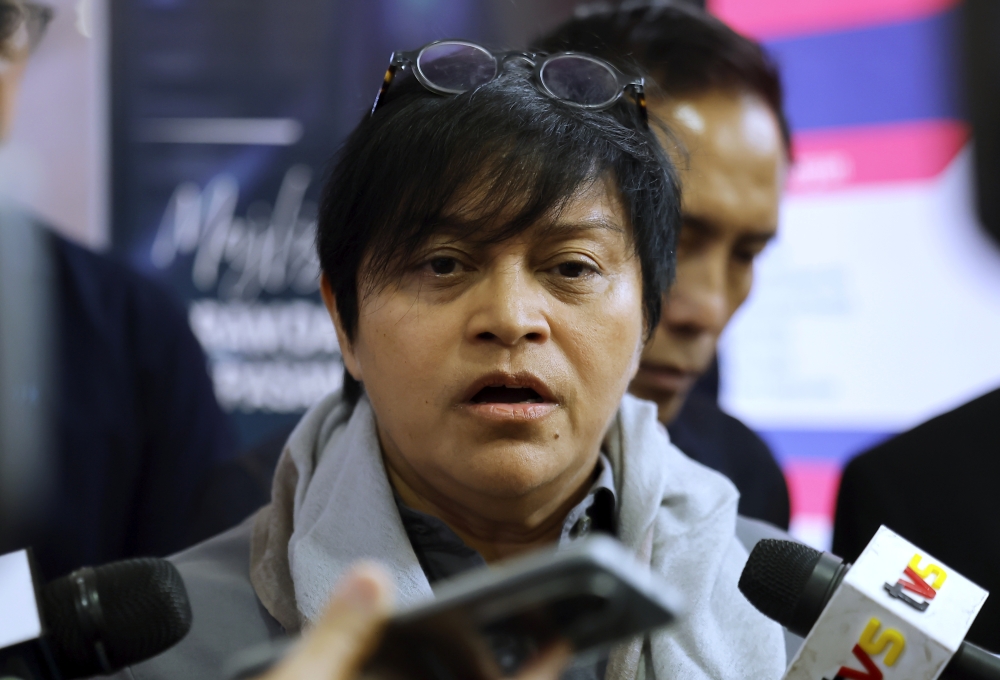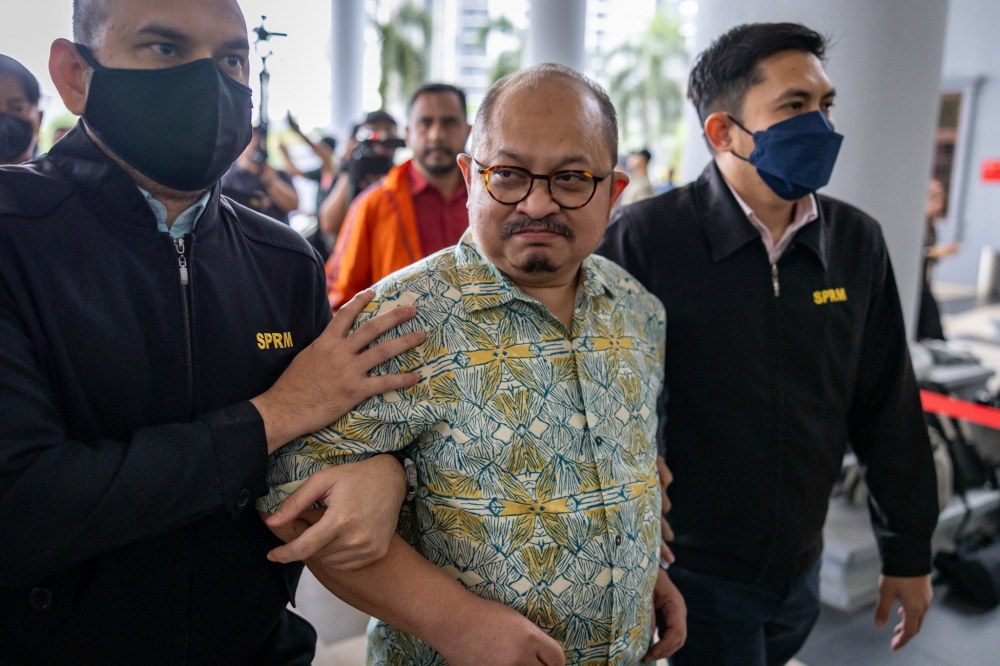FEBRUARY 11 — Separate the two roles — the office of Attorney General (AG) and Public Prosecutor (PP).
So urged Dewan Rakyat Deputy Speaker Datuk Seri Azalina Othman Said following the furore and controversies generated by the publication of the memoir of former AG Tan Sri Tommy Thomas.
This is the second call in two weeks for the roles to be separated. The previous call was made by Transparency International Malaysia (TI-M) following the release of Transparency International’s 2020 Corruption Perceptions Index (CPI) on January 28. Malaysia’s score deteriorated to 51 points in 2020 compared to 53 points in 2019. Malaysia’s ranking in the CPI also deteriorated from 51 in 2019 to 57 in 2020.
The drop of six places means that compared to other countries Malaysia are not improving as well as other countries in efforts to fight corruption. According to TI-M, one of the possible reasons for this deterioration is that institutional reforms have stalled, including the separation of powers between the AG and PP which has “yet to be initiated by the Government.”
If we were to look beyond our shores, there are at least countries with some form of separation between the two offices.

The first is Hong Kong where a Securities and Futures Commission (SFC) is established. The SFC is an independent statutory body. The SFC’s work is defined and governed by the Securities and Future Ordinance (SFO), which sets out its powers, roles and responsibilities.
Section 388 of the (SFO) sets out the SFC’s power to prosecute, in its own name, offences under the SFO and certain criminal offences under the Companies (Winding Up and Miscellaneous Provisions) Ordinance, the Companies Ordinance, and the Anti-Money Laundering and Counter-Terrorist Financing (Financial Institutions) Ordinance. The SFC can only prosecute offences summarily before a magistrate.
But nothing in section 388 derogates from the powers of the Secretary for Justice in respect of the prosecution of criminal offences. The Secretary for Justice is a member of the Executive Council — the cabinet — and is the Government’s chief legal adviser as well as heads the Department of Justice (DOJ) The office holder was formerly called Attorney-General.
Article 63 of the Basic Law of the Hong Kong Special Administrative Region provides that the DOJ shall control criminal prosecutions, free from any interference. That constitutional guarantee of independence ensures that prosecutors act independently without any political or other influence.
The framework of arrangement between DOJ and SFC was last set out in 2016 in a Memorandum of Understanding between the two offices to formalise and further strengthen cooperation in the handling of criminal cases under the SFO.
The second country is the United Kingdom (UK) where a Serious Fraud Office (SFO) is established under the Criminal Justice Act 1987 (CJA) and was established in 1988. The SFO is a specialist prosecuting authority tackling the top level of serious or complex fraud, bribery and corruption.
The SFO is unusual in the UK in that the office both investigates and prosecutes its own cases. It was set up as such because the “cases are complicated and lawyers and investigators need to work together from the beginning.” The staff includes investigators, lawyers, forensic accountants, analysts, digital forensics experts and a variety of other people in specialist and support roles.
The SFO is superintended by the UK AG in accordance with a 2009 protocol which has been replaced by a 2019 framework agreement.
Over the years the SFO has tackled some of the biggest fraud cases in UK history. It has had a mixed fortune, though, but its supporters have long argued that it is needed more than ever.
So perhaps a cabinet minister can use the window of opportunity accorded by the controversial ministerial order to officially visit the SFO and hasten the separation of the AG’s roles as the public prosecutor and the government’s legal adviser.
* This is the personal opinion of the writer or publication and does not necessarily represent the views of Malay Mail.





















